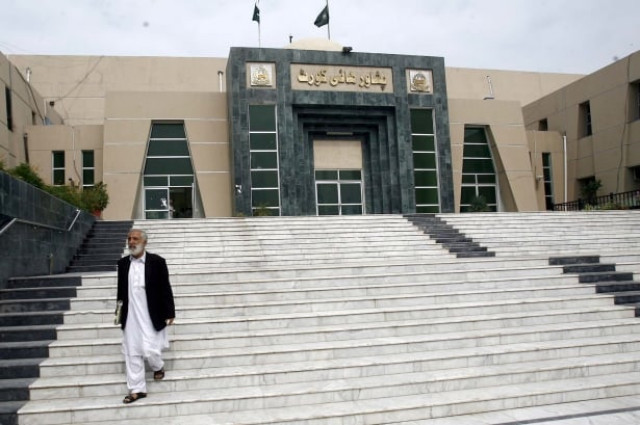Ruling party constituents rue lack of female representation
SIC-PTI’s reserved seats ended up with the opposition after a recent Peshawar High Court decision

When Ruqaiya Bibi, a long term resident of Bannu, who lives in poverty, required a wheelchair, she appealed to her Member of Provincial Assembly (MPA), who happened to be a woman, and her need was addressed within days.
“Only women can understand the plight of women. In our province, where it is sometimes difficult for women to leave the house and raise their voice, female MPAs are our true representation,” said 27-year-old Ruqaiya. Concurring with Ruqaiya, Nasreen Bibi, a resident of Chamkani, a suburb of Khyber Pakhtunkhwa’s (K-P) capital, narrated that after completing her bachelor’s degree, she found it hard to land a job and she considered taking up sewing women’s clothes.
“However, I could not afford the capital required to set up a sewing unit but thankfully my plight was heard by a female MPA, who not only set up a sewing centre nearby but also provided employment to other women like me,” informed Nasreen. Despite the positive impact that female MPAs bring to the life of women like Ruqaiya and Nasreen, K-P’s ruling party has only one elected MPA, who happens to be the Deputy Speaker of the provincial Assembly. Moreover, the ruling party’s hopes of having more female representation have been dashed by the Peshawar High Court’s recent decision of denying the Sunni Ittehad Council its share of reserved seats for women. The Pakistan Tehreek-e-Insaf (PTI) backed independent candidates, who joined the SIC in a strategic move, have a 91-member majority in the K-P Assembly, and given this strength the ruling party stood to gain 21 reserved seats for women. However, this is no longer the case, and the ruling party’s female constituents are now only represented by 1 woman.
In this regard, Ayesha Bano, the general secretary of the women caucus in the former PTI-led K-P government, blamed the ruling party’s lack of female representation on the recent High Court decision. “In many countries of the world, women have accurate representation in upper houses and lower houses, women have become prime ministers, but in K-P instead of women getting representation, their voices were taken away,” criticised Ayesha.
“If it was not for the PTI women, this province would not have had a domestic violence bill, legislation on child rights or climate change. Therefore, 21 of our female lawmakers being deprived of their reserved seats is a travesty of justice,” she added. Be that as it may, the SIC and PTI’s loss has resulted in a gain for the opposition parties. The Pakistan Muslim League Nawaz’s (PML-N) strength after the reserved seats has gone up from 9 to 16, the Jamiat Ulema-e-Islam Fazl’s (JUI-F) strength has increased from 9 to 18, the Pakistan People’s Party’s strength has increased from 5 to 11, the Pakistan Tehreek-e-Insaf Parliamentarians (PTI-P) strength has increased from 2 to 3, and the Awami National Party’s (ANP) strength has increased from 1 to 3.
Published in The Express Tribune, March 20th, 2024.



















COMMENTS
Comments are moderated and generally will be posted if they are on-topic and not abusive.
For more information, please see our Comments FAQ